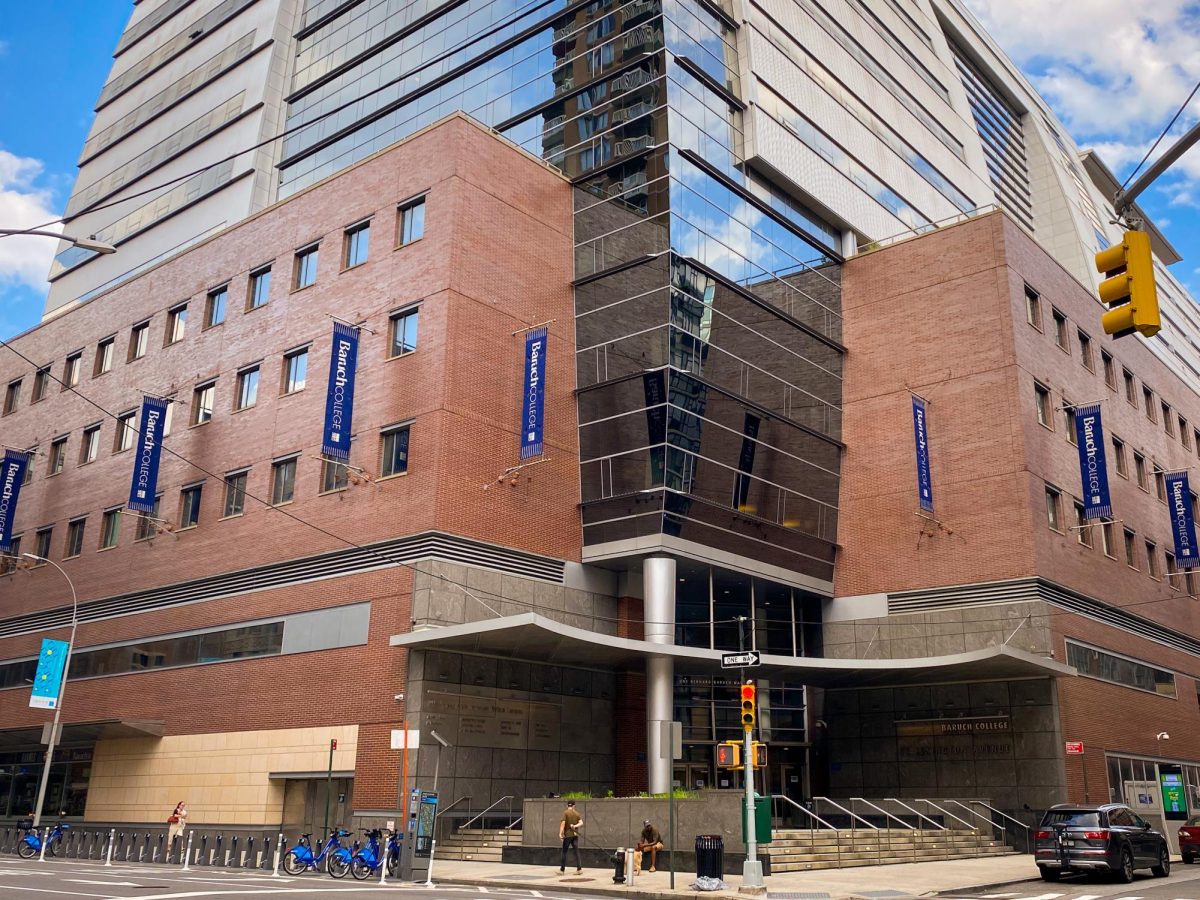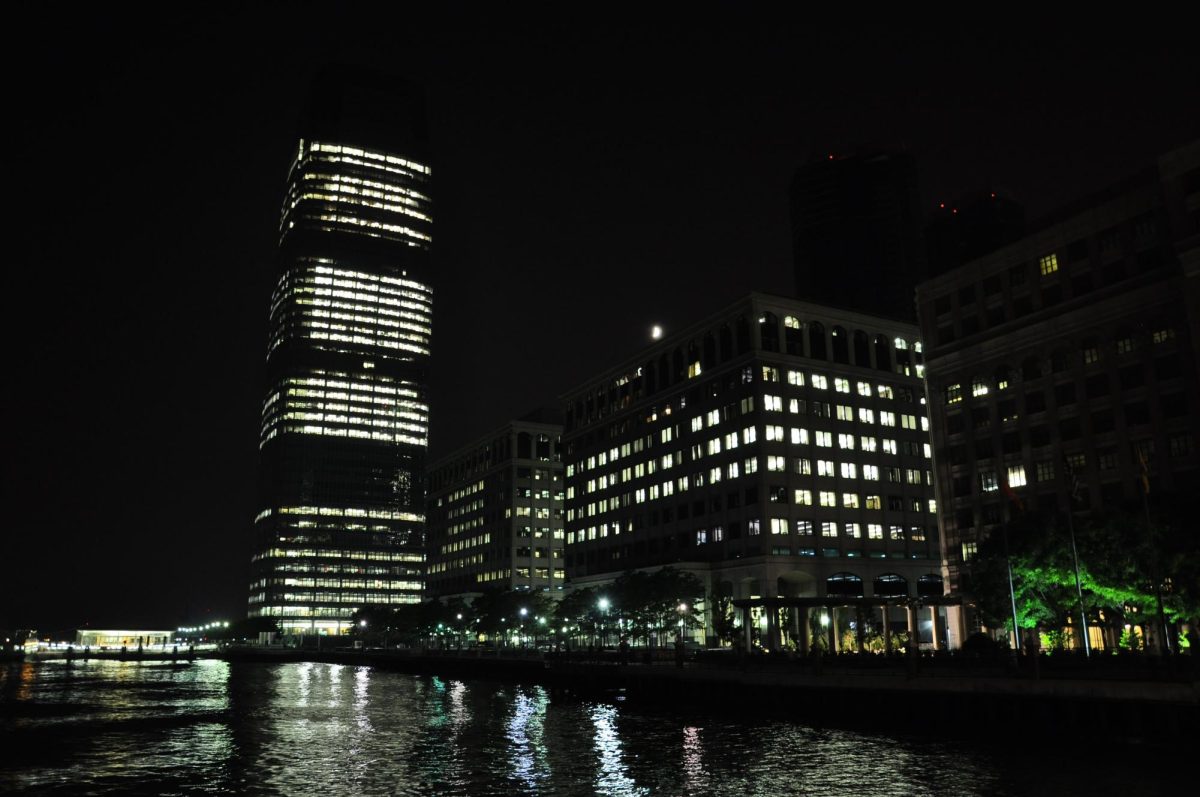This new interpretation has affected 152 cannabis dispensaries across the state.
Businesses are now being forced to relocate after some spent upwards of $1 million during construction of their shops, the lawsuit said. Many of these businesses are owned by people of color, women and war veterans.
“We were now facing generational debt at the hands of OCM and New York State,” Osbert Orduña, a disabled veteran and CEO of The Cannabis Place located in Queens, said to Cannabis Business Times.
Dispensary owners stated they would suffer financially and must cut jobs, along with losing customers, if forced to relocate.
The state set up a $15 million relief program for affected dispensaries, with up to $250,000 for each applicant.
Elise Pelka told AMNewYork that the proximity limit would take a major toll on her business before it even opens.
After following the previous rules enforced by the OCM, Pelka signed a 10-year lease, paid a $192,000 nonrefundable deposit and spent over $1 million on her business development.
“My ability to relocate is not just burdensome; it is financially and logistically impossible,” Pelka told AMNewYork.
Other dispensaries involved in the lawsuit are Housing Works Cannabis Co., ConBud and Rezidue, all facing similar hardships as a result of misinterpreted policy. The lawsuit states this rule change violates the State Administrative Procedure Act, as it bypasses the notice-and-comment process, infringes on the equity mandate of the Marihuana Regulation and Taxation Act and disregards due process under federal and state constitutions.
Gov. Kathy Hochul stood with these small businesses, calling the misinterpretation “a major screw-up.”
She has also allowed these businesses to stay open during this tough period under the State Administrative Procedure Act.
This alleviates some of the pressure set on these dispensaries, yet many still fear the threat of relocating.
“It’s a process that can take years and cost an exorbitant amount of money,” Matthew Bernardo, president of Housing Works, said.
He operates the first legal cannabis dispensary in NYC, which opened its doors at the end of 2022. Bernardo stressed the need to find a fair solution that will allow dispensaries to conduct business as usual while still following proper regulations.
“Moving is simply not an option,” Bernardo said.
Jorge Vasquez, the plaintiff’s attorney, argues this policy change will cause “irreparable harm” to these small business owners.
“This is way more than just financial harm to small businesses. This goes beyond money. This is time. This is a resource. This is energy. This is building relationships with communities,” Vasquez said in an interview with Gothamist.








